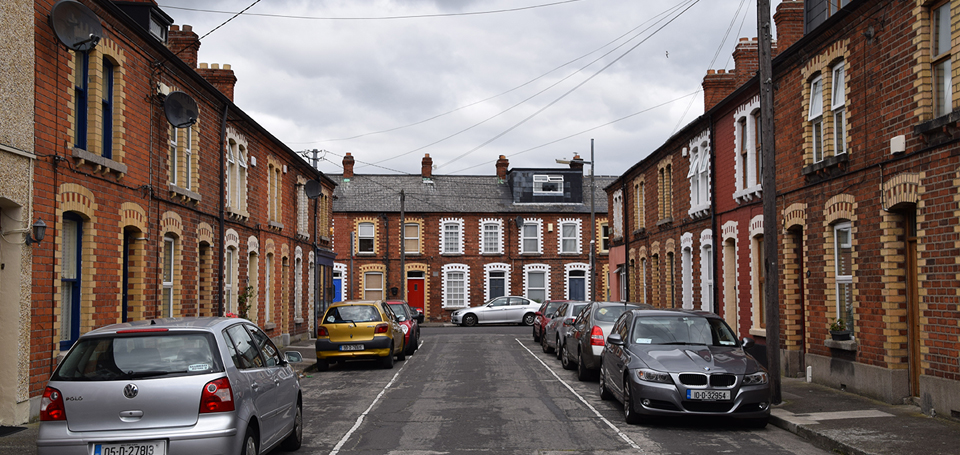3 Clearing a Space
Posted by Christine on Aug 19, 2014 in Ireland | 3 comments
Recently I happened upon a powerful poem by Irish writer and scholar Brendan Kennelly called “Clearing a Space” (If Every You Go: A Map of Dublin in Poetry and Song. Eds. Pat Boran and Gerard Smyth. Dublin: Dedalus Press, 2014. p. 182). The speaker talks about a Sunday morning walk through Dublin that allows him to “Clear a space for myself the best I can.” He feels a kinship with the city, recognizing in it and in himself a surprising capacity for renewal.
To have been used so much, and without mercy,
And still to be capable of rediscovering
In itself the old nakedness
Is what makes a friend of the city
When sleep has failed.
The walk and the poem are the same, the walking is the writing; in both he inscribes himself in the city, clearing a space that will define and represent his place there. I am reminded of Wordsworth and Coleridge, who walked their imaginings into verse, launching a whole new kind of poetry as they did so.
I’ve been walking the streets of Dublin, particularly those in my neighborhood, at different times of day and night for a couple of weeks now. Already the city is taking on a different character for me, its residential, commercial, and industrial features emerging in the foreground, its stories leading one to the next until I feel I could pursue one strand for days and still not find the end. “Streets are adventures,” Kennelly writes, “Twisting in and out and up and down my mind.” As I explore the city on foot and by reading and writing about it, the streets and the stories twist in and out and up and down my mind.
The poem is filled with wonderful lines, but I was particularly drawn to the idea of “rediscovering,” which is what my time in Ireland and away from my regular work and daily routine is all about. While going to new places is always exciting, returning to the ones you know and re-seeing them yields new perspectives in the context of the slight comfort of familiarity, a tether that sometimes makes risk-taking and creativity more possible as we know from studies of how learning occurs. Thinking back, I see how often I’ve written about just that—making the familiar strange, a phrase often used to define metaphor.
Those of us in academia who are lucky enough to have sabbaticals—and not every school offers these—use this opportunity to rearrange the furniture of our thinking, clearing a space for the new ideas that move in, whether we spend that time at home or walking the streets or roads of a familiar and unfamiliar place.

lovely–every line made the prospect of our own visit to Dublin more delicious.
This past weekend I finally started reading your blog. I decided, after the first pass, that I would read one each morning, and today I am so glad I did. I think this approach will be just the thing. More soon. -k
Thanks for reading, Kathi!